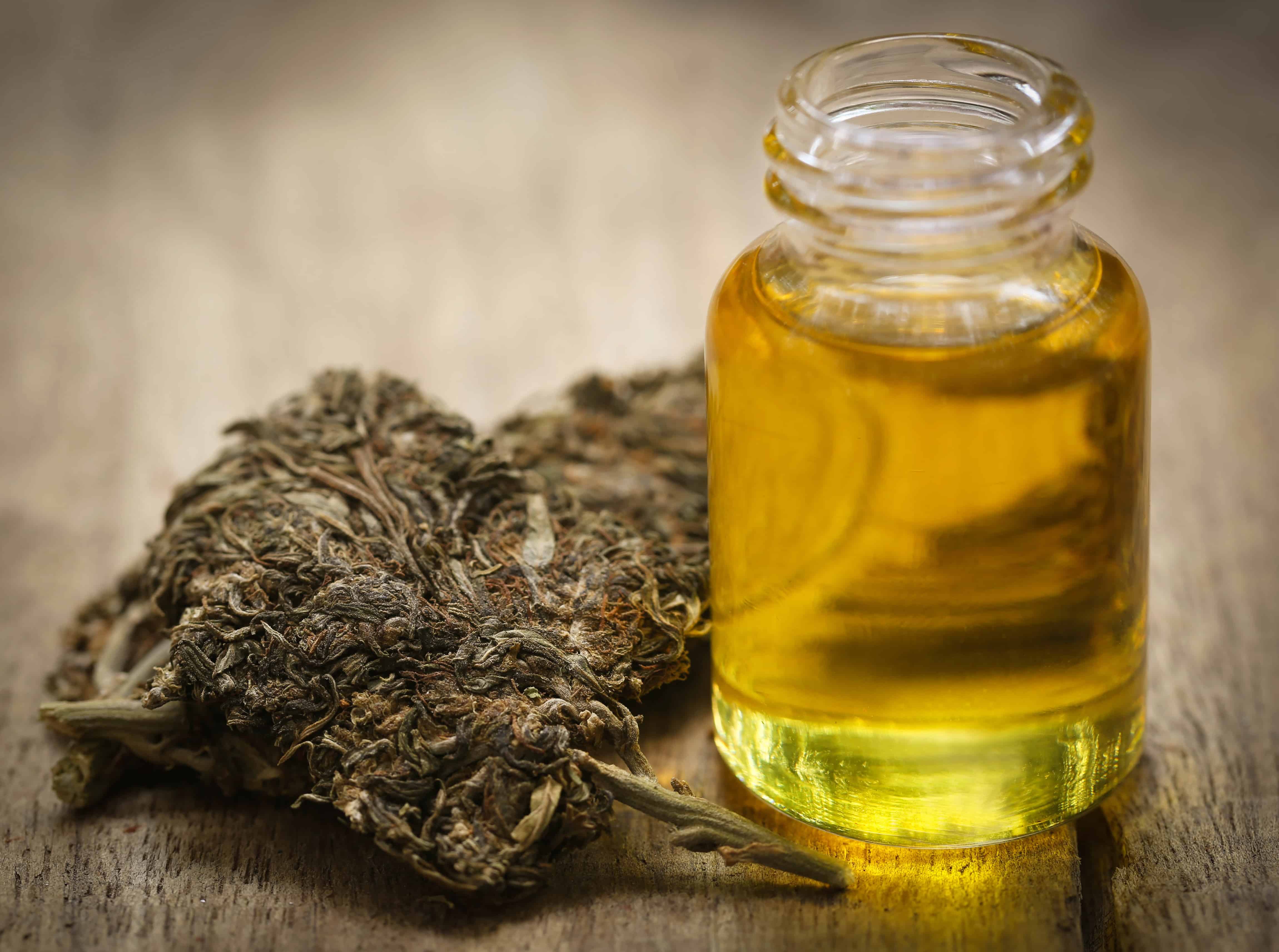An Alternative Treatment for Parkinson’s Patients
April is Parkinson’s Awareness Month and an opportune time to highlight the disease and how medical marijuana may be a beneficial treatment option for those living with the condition. Many Parkinson’s patients find themselves desperate for alternative treatment options that provide sufficient relief of their symptoms and help avoid or postpone the need for surgery down the road.
Understanding Parkinson’s
“Parkinson’s disease (PD) is a neurodegenerative disorder that affects predominantly dopamine-producing (“dopaminergic”) neurons in a specific area of the brain called the substantia nigra.” (parkinson.org). Symptoms of PD usually form over many years and the progression can vary from person to person. Some patients with PD may experience one or all of the following:
- Tremors, mainly when resting
- Bradykinesia, slow movements
- Limb rigidity, stiffness of the arms or legs beyond general aging or arthritis
- Gait and balance problems
In early signs of PD, patients may experience little to no expression on one side of the face, limited arm movement or soft or slurred speech. Overtime, the symptoms of Parkinson’s will increase. (mayoclinic.org) When diagnosing a patient with Parkinson’s, physicians will look at the patient’s medical history, review their signs and symptoms and conduct neurological and physical exams.
Current Treatments of Parkinson’s
Unfortunately, the cause of PD remains unknown with no known cure. However, medications and surgery do help reduce the symptoms. Parkinson’s may not directly cause death in patients, but complications from the disease can be very serious. “The Centers for Disease Control and Prevention (CDC) rated complications from PD as the 14th cause of death in the United States.” (parkinson.org).
In addition to medications and possible surgeries, physicians may suggest various lifestyle changes for their patients to help improve quality of life. “In some cases, physical therapy that focuses on balance and stretching is also important. A speech-language pathologist may help improve speech problems.” (mayoclinic.org)
Treating with Medical Cannabis
Although the medications that physicians prescribe to their patients can be helpful, there still seems to be a gap in the efficacy of these medications. Patients with PD are often eager to find alternative methods to help subdue their symptoms, which leads many to look into the therapeutic capabilities of medical marijuana.
“Our bodies make natural cannabinoids that control sleep, appetite, mood and other processes by binding to receptors throughout the body and brain. These receptors are found in particularly high numbers in the basal ganglia, a circuit of brain cells that controls movement and is affected in Parkinson’s. Because the cannabinoids in marijuana bind to the receptors in our body and brain, researchers have looked at whether they could bind to basal ganglia and other receptors to modify the course of PD or help ease symptoms of disease.” – michealjfox.org
Despite the constant struggle to get medical marijuana into clinical trials, a handful have been conducted based on the effects medical cannabis has on decreasing motor/non-motor symptoms and levodopa-induced dyskinesia (involuntary movements that may result with long-term use of levodopa and many years of living with PD). Unfortunately, due to strict federal restrictions, there is insufficient evidence to definitively say that medical marijuana and cannabinoids are an effective treatment for Parkinson’s. However, it’s recognized that there could be substantial benefit to introducing the plant into a PD patient’s treatment plan if they’re the right fit.
Interested in treating your patients with medical marijuana, but worried you don’t currently have enough credible data to do so? Join Arfinn Med for FREE to get real medical marijuana treatment efficacies, discuss treatment options with other licensed physicians and stay up-to-date on all of the latest industry findings.
Sources: https://www.parkinson.org/Understanding-Parkinsons/What-is-Parkinsons/Young-Onset-Parkinsons




